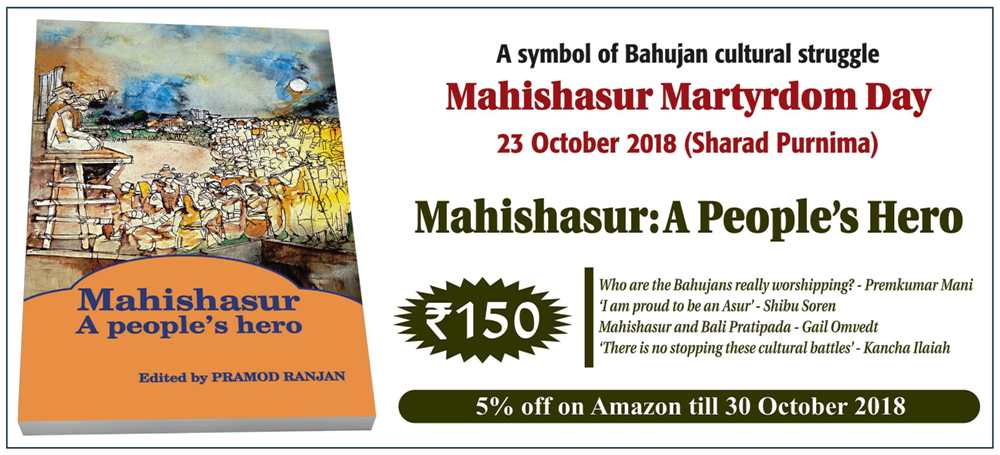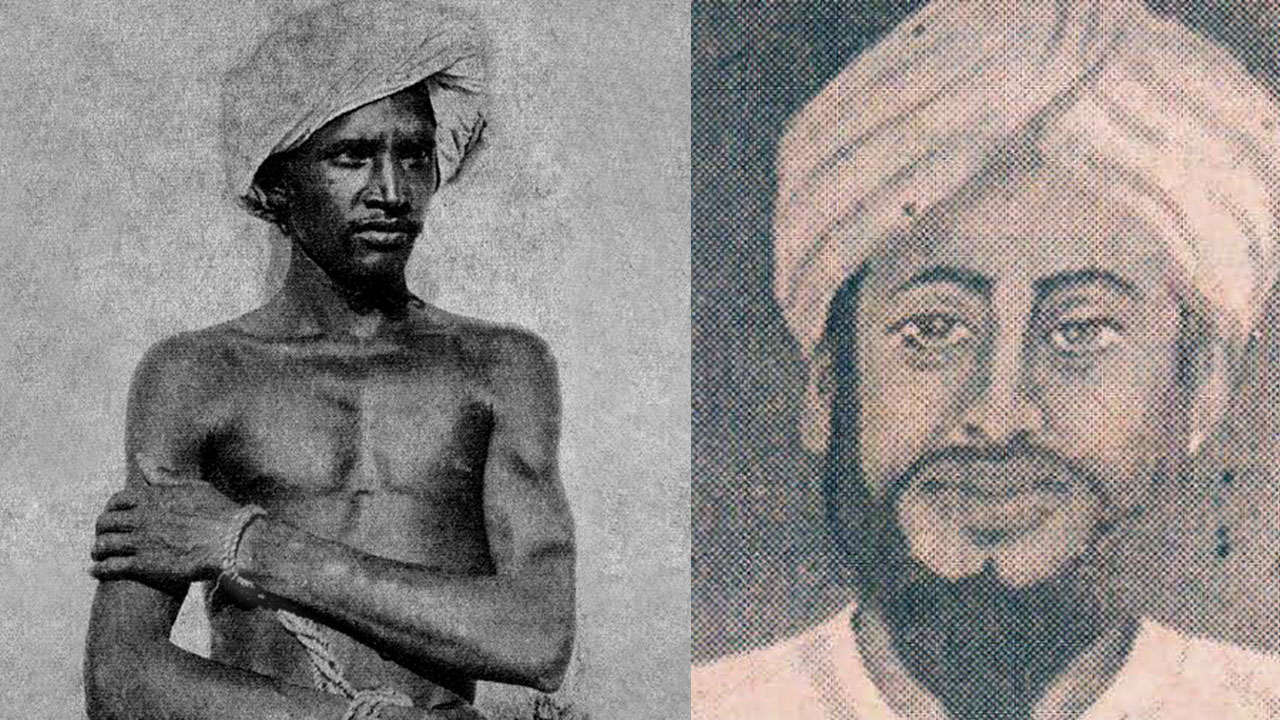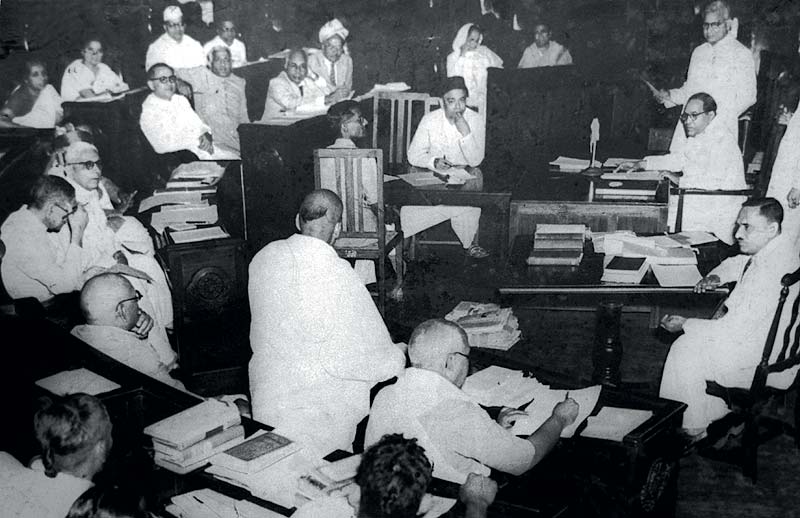It was Jagdev Prasad who brought the politics of the Backwards and Dalits in Bihar on a par with the politics of Savarnas by founding the Shoshit Dal. Although he himself never became Chief Minister, it was only because of him that B.P. Mandal, Daroga Prasad Rai, Karpoori Thakur, Bhola Paswan Shastri and others could reach the pinnacle of power. However, Jagdev Babu’s struggle is still unfinished. Shoshit Samaj Dal National President Raghuniram Shastri explains.
“Will the Gadariya, Nai, Dhobi, Badhai, Lohar, Koeri, Kurmi, Mallah, Teli, Chamar and others, extract oil, plough fields, wash clothes, repair shoes by coming to Parliament? What is their need in Parliament?” asked Bal Gangadhar Tilak. This contemptuous comment sparked an uprising of the Dalit-Backwards, and if somebody’s name comes to the fore as its culmination, it is Shaheed Jagdev Prasad. It was he who issued the clarion call for Dalit-Backwards’ share in the wealth, land, jobs, trade as well as in the government and administration in proportion to their population. Later, B.P. Mandal, as the chairman of the Backward Classes Commission, gave a tangible form to the legal process of making those shares a reality. Jagdev Prasad initiated this process in the 1960s, when even talking about the rights of the Dalit-Backwards was almost impossible. It was a landmark movement.
No place for B.P. Mandal’s father on the dining mat
Jagdev Prasad was born on 2 February 1922 into an ordinary family, whereas B.P. Mandal was born into a family of landlords on 25 August 1918. While Jagdev Prasad studied on an empty stomach, B.P. Mandal did so with all the amenities. A memory associated with the life of Mandal will be relevant here. There was an important assembly of the landlords of his area. Mandal and his father Rasbihari Mandal went to attend it. After the assembly, it was time for food and all the landlords sat on the mats to eat. When Rasbihari Mandal also sat on the same mat with his son, it was as if an earthquake had shaken up the place. The Savarna landlords told Rasbihari Mandal that he was not entitled to sit in the row of Savarna landlords and was asked to leave. It was then that he realized what being a backward (Shudra) meant, and left the assembly without eating in protest. This insult had a deep impact on the little boy B.P. Mandal. This is the reason Mandal, despite belonging to a prominent landlord family, studied the social inequality, and in his capacity as the chairman of the Backward Classes Commission, went on to recommend that the Backwards be given their share in the matters of the State.

Before Jagdev Prasad and B.P. Mandal emerged on the scene, Dr Ram Manohar Lohia started the socialist movement and raised the slogan of “60 and 40”.
SANSOPA Ne Baandhi Gaanth, Pichda Paawe Sau Mein Saath.
Raj-Kaaj Ka Saath Pratishat, Pichda Varg Ke Haath Mein Ho.
Oonch Jaati Jab Raj Chalawe, Desh Ki Raksha Kaise Ho.
Oonchi Jaati Ki Kya Pehchaan, Achcha Khaaye Kare Na Kaam.
Neech Jaati Ki Kya Pehchaan, Kare Kaam Par Sahe Apmaan.
[The Samyukta Socialist Party has resolved, the Backwards should get 60 out of 100
60 per cent of the governance and administration should be with the backward classes
When the upper caste rules, how will the country be protected
What is the identity of upper caste? Eats well and does no work
What is the identity of lower caste? Does the work but bears disrespect.]
Influenced by these slogans, Jagdev Prasad joined the Socialist Party. In a rally in Ara (Bhojpur), Jagdev Prasad said to Lohia, “Lohia ji, please write in my diary that the people whose daughters do not work in the fields cannot be socialists.”
Jagdev Babu’s disillusionment with Lohia’s politics
According to Lohia’s socialist philosophy, 60 per cent were “Picchdas” (Backwards) and 40 per cent “Uchdas” (upper caste). In every walk of life, the Backwards had 60 per cent share and upper castes 40 per cent. While the Dalits, Adivasis, minorities, and all backward castes were included in the backward classes, Savarnas (Brahmins, Bhoomihars, Rajputs and Kayasthas) made up the upper castes. However, dismayingly, even the upper-caste women were included in the backward classes, entitling them to a portion of that 60 per cent share, whereas the upper-caste men had the 40 per cent share to themselves. This was the main socialist philosophy. Socialism was as practically jumbled as it was philosophically. This philosophical truth of socialism did not practically hold true. Lohia did however have an interesting thought: The upper castes are prosperous and enjoy social respect, so they should do the job of fertilizer – meaning, they should neither contest elections nor be part of the Cabinet. However, this view of Lohia was left behind and feudal powers took over the party like coiled snakes rearing their heads.
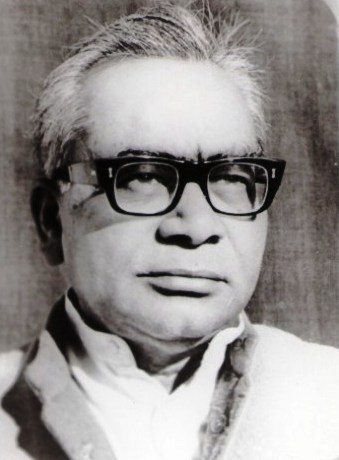
The Assembly and Parliament elections were held simultaneously in 1967. While Basawan Singh (Bhoomihar) became a Member of the Legislative Assembly (MLA) under the 40 per cent quota, his wife Kamala Sinha was elected as a Member of the Legislative Council (MLC) under the 60 per cent quota. Similarly, Arjun Singh Bhadoria (Rajput) became a Lok Sabha member under the 40 per cent quota, whereas his wife Sarala Bhadoria was elected to the Rajya Sabha under the 60 per cent quota. The husband and wife captured 100 per cent. This is how the share of the Backwards was usurped. In 1967, non-Congress [Samyukta Vidhayak Dal (SVD)] governments were formed in nine states. A coalition government was also formed in Bihar, which included the Samyukta Socialist Party, Jana Sangh and Bharatiya Kranti Party (BKP). The Samyukta Socialist Party had 69 members and the BKP had 19. Yet, BKP’s Mahamaya Prasad Sinha was made the chief minister. Sixty per cent ministers from the upper castes and 40 per cent ministers from the backward classes formed the Cabinet. The 60-40 principle was murdered here as well. When dispute arose on this matter, it was decided that an upper-caste minister would be removed and a minister from among the Backwards added. Then “illiterate” police minister Ramanand Tiwari was to be replaced with someone from the Backwards. Karpoori Thakur himself threatened to resign from the Cabinet over this move. So, misfortune struck in the very first adventure. The Socialists formed the government with great difficulty – but this too reached a dead end.
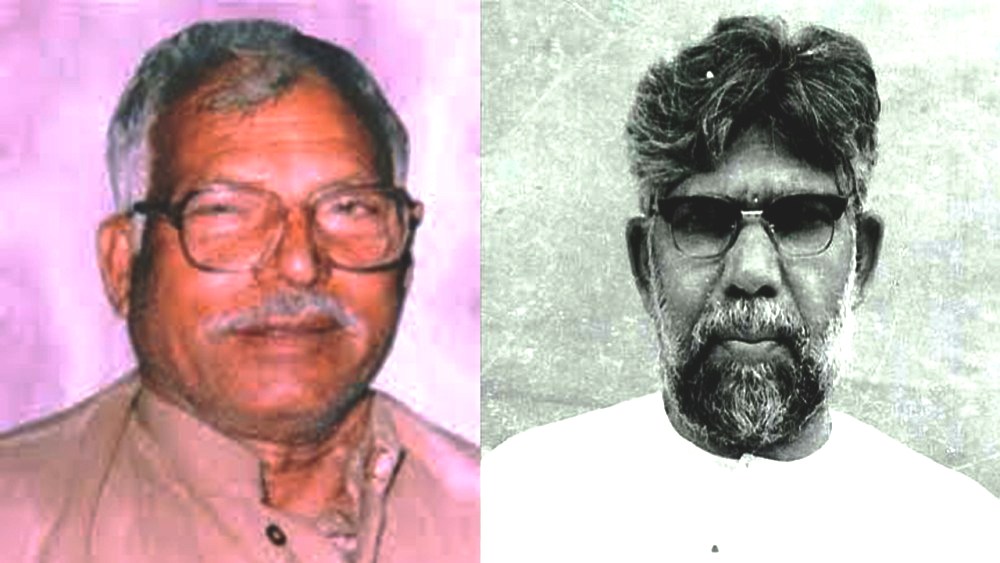
The SVD government was considered progressive, but none of its ministers was a Dalit, Adivasi or a Muslim. This state of affairs caused Jagdev Prasad to rebel. Jagdev Babu went to Delhi to talk the matter over with Lohia, but Lohia’s secretary Urmilanand Jha made sure the meeting didn’t happen.
Shoshit Dal formed
In 1967, Jagdev Prasad was elected to the Bihar Assembly as a Samyukta Socialist Party (SSP) candidate. He defeated Congress candidate Sukhdev Prasad Verma by 17,000 votes. Jagdev Babu then organized a conference of Dalits, Backwards, and socialists from all over the country under the leadership of fierce socialist Shivpujan Shastri on 25 August 1967 in Patna’s Anjuman Islamia hall. The theme was the murder of the 60-40 principle of the Samyukta Socialist Party. Jagdev Babu spoke against feudal politics in the rally. He said, “People of the upper castes have made our fathers and grandfathers do political cultivation. I am not born to do their political cultivation. I will bring all the 90 per cent Dalits, Adivasis, Muslims and Backwards on one platform, raise a leadership from among them and make them sit on the throne in Delhi. They will then distribute among themselves in proportion to their populations the guarantee of shares in land and wealth, jobs, business and trade, factories, and government and administration, which no power of the world can stop.” Issuing the clarion call for this battle, he also said, “Today I am laying the foundation of a revolutionary party, which will have no dearth of people coming in and going out. Our battle will be for a hundred years. People of the first generation will be killed in this battle, those of the second generation will go to jail, and those of the third generation will rule. Victory will ultimately be ours.” He clearly stated that all the political parties of India have upper-caste leaderships. He said: “The so-called leaders of the Dalit-Backwards are slaves to those Savarna-dominated parties, they are sycophants. The only difference is that a labourer of a village cultivates for the landlord for a kilo of grain and the leaders of Dalit-Backwards ‘cultivate’ for the upper caste in Patna and Delhi for a car and a bungalow. They have no role in the party’s policymaking. When the leaders of such Savarna-dominated parties make it to the assembly and Parliament with the votes of the Dalit-Backwards, they make laws in the interest of their classes. That is why the development of Dalit-Backwards is impeded here.”
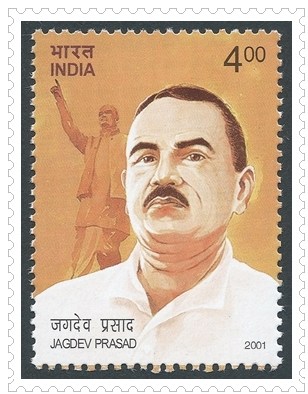
Jagdev Prasad said Indian society is divided into two parts –– the exploiter and exploited. He said: “Exploiters are all the people of the upper castes and the exploited are the Dalits, Adivasis, Muslims and all the people of the backward classes. There are 10 per cent exploiters and 90 per cent exploited. The battle between the 10 per cent exploiters and 90 per cent exploited is the real battle of socialism and communism in this country and this is what the real class struggle is. All the wars in the world have been fought between the exploiters and the exploited. While the 10 per cent upper castes are prosperous and respected, the 90 per cent exploited are destitute and disrespected. Varna has become class in India. Therefore, until Varnas are shattered, a class cannot be created, and without formation of a class, a class struggle cannot take place. Here, a 10-year-old Brahmin is superior to a 100-year-old Dalit-Backward. The Hindu scripture that is worshipped here gives the fatwa: Poojiye Vipr Sheel Gunn Heena, Shudra Na Gunngan Gyaan Praveena [Even an ignorant Brahmin must be worshipped, but no matter how wise a Shudra may be, he is not worthy of worship].”
With this roar, he founded the political party “Shoshit Dal” and started the struggle to tie the 90 per cent people in a string of unity, and coined the slogan:
Sau Mein Nabbey Shoshit Hain, Nabbey Bhaag Humara Hai.
Dhan-Dharti Aur Raj-Paat Mein, Nabbey Bhaag Humara Hai.
Dus Ka Shasan Nabbey Par, Nahi Chalega, Nahi Chalega.
Do Baatein Hain Moti-Moti, Humein Chahiye Izzat-Roti.
Samyavad Aur Punjivad, Dono Se Dunia Barbaad.
Mitey Ghareebi Aur Ameeri, Mitey Chaakri Aur Majboori.
Samta Bina Samaj Nahi, Bin Samaj Janraj Nahi.
(Ninety out of hundred are exploited, ninety parts are ours,
In wealth and land, and government and administration, ninety parts are ours,
Rule of ten over ninety will not continue,
Broadly, there are two points – we want respect and food,
Communism and Capitalism both destroyed the world,
Poverty and wealth should end, servitude and compulsion should end,
No society without equality, no rule of people without a society.)

He also challenged the communist parties, which, he said, were also dominated by Savarnas and feudal lords. The enemy of the masses is leading the battle of the masses. Just as a dog cannot guard meat, he explained, the rich cannot ensure the welfare of the poor. Until a social and cultural change takes place in India, political and economic change cannot happen.
Threatening to topple Mahamaya Prasad Sinha’s government
In 1967, a famine broke out in Bihar and Jagdev Babu asked Chief Minister Mahamaya Prasad Sinha to provide food grains for free to save the lives of the poor. When he refused, Jagdev Prasad thundered:
‘Ek mahine ke andar main, todu Mahamaya sarkar,
Gar na todu Mahamaya ko, to phir jeene ko dhakkar.’
(I will bring down Mahamaya government within a month,
If I don’t bring Mahamaya down, damn this life)
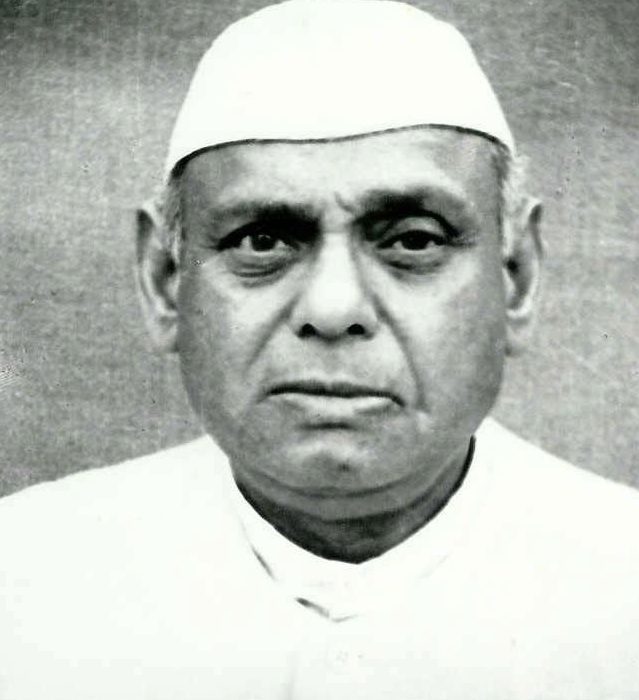
Jagdev Babu called a meeting of all the Dalit-Backward MLAs and declared the Mahamaya government an enemy of Dalit-Backwards. All the MLAs were in agreement and the Mahamaya government was gone exactly within a month. Congress gave outside support to this voting-out-of-power. The question now was: Who will become the new Chief Minister? When it became clear that the new government would be formed under the leadership of Jagdev Prasad, 36 MLAs from other parties joined the Shoshit Dal overnight. The MLAs arrived at a consensus to make B.P. Mandal the Chief Minister. However, Mandal was an MP at that time and had resigned from the Congress to join the Samyukta Socialist Party. There was going to be a technical holdup for three days before B.P. Mandal could be sworn in as Chief Minister.
Now, they had to find someone who would be chief minister for three days, resign and let B.P. Mandal take over. Jagdev Babu was the chief architect of this situation, so most of Shoshit Dal’s MLAs wanted him to become chief minister, but Ram Lakhan Yadav wasn’t on the same page. That is how Satish Prasad Singh became the acting Chief Minister on 29 January 1968, while Jagdev Babu got B.P. Mandal to resign from the Samyukta Socialist Party and join the Shoshit Dal, which nominated him an MLC. And then, on 1 February 1968, B.P. Mandal took oath as the chief minister. As the second in command, Jagdev Babu was made the Minister of River Valley, Power and Irrigation. Satish Prasad Singh and B.P. Mandal thus became Bihar’s first chief ministers from the backward classes. The entire credit for this historic moment goes to Jagdev Prasad – the “Lenin of the Shoshit Revolution”. Mandal won the trust vote with the support of 165 MLAs in the house of 319 MLAs, while 148 voted against him. Five MLAs abstained from voting.
‘Pad Hadpo Abhiyan’
Soon after Shoshit Dal formed the government, Jagdev Babu launched the “Pad Hadpo Abhiyan” (seize the posts campaign) and promoted Dalit-Backward officials to higher posts. In what was meant to be a show of strength to the Savarnas, R.S. Mandal was made Chief Secretary, R. Lal was appointed Inspector General and Z.S. Haq Khan the chairman of the electricity department. During the 45 days the government lasted, schools for the poor had an abundant supply of free imported milk, porridge, and bread. This was Jagdev Babu’s attachment to the poor. He waived off taxes of small farmers who had up to five acres of land. When he extended these benefits to the Backwards and poor, Savarnas went green with envy. Vinodanand Jha formed a group of 12 MLAs and withdrew support, toppling the “Shoshit Dal” government on 18 March 1968. B.P. Mandal rejoined the Congress. Jagdev Babu continued his movement by forming the “Hindustani Shoshit Dal”.
‘Nadi Narmada jab jal garje, au Ganga ki garje dhaar
Jagdev garje jab Bharat mein, bhay se kaanpela Bhoomihar
Doley sinhasan tab Indira ka, bhaiyya dilli ke darbar
Beta jag jayl shoshit ka, ab lega apna adhikar
Bin adhikar liye n chhodi, chahe bahey khoon ki dhaar.
(When water roars in Narmada, when Ganges gushes
When Jagdev roars in India, the Bhumihar shivers with fear.
Indira’s throne shakes in the courts of Delhi
The son of the Shoshit has awakened, will now take his right
Will not give up fighting for the rights, even if rivers of blood flow)
What followed B.P. Mandal’s government were five years during which the upper castes could only dream about the chief ministership. Daroga Prasad Rai, Bhola Paswan Shastri and Karpoori Thakur graced the post of the Chief Minister.
Joining hands with Ramswaroop Verma
Jagdev Babu’s party underwent an expansion. On 7 August 1972, at Patna’s MLA Club, it became “Shoshit Samaj Dal” by assimilating several parties under the joint leadership of Jagdev Prasad and Ramswaroop Verma – humanist, thinker, founder of Arjak Sangh and former Uttar Pradesh finance minister. The Samaj Dal, Shoshit Dal, Republican Party, Seva Dal, Samata Dal and others had merged to form the Shoshit Samaj Dal. Ramswaroop Verma was made its national president and Jagdev Prasad the general secretary. From 5 September to 11 September 1974, the party held Jail Bharo movement (Fill-the-jail movement) with the seven-point demand against Indira Gandhi’s rule in all the blocks of Bihar. Its main demands were:
- Provide compulsory, uniform, nationalized, free and humanist education to all the boys and girls between 6 years and 14 years of age.
- Issue photo IDs to all the citizens and make voting compulsory.
- Make available Dr Ambedkar’s literature obligatorily and immediately in all the libraries of the country.
- Eliminate disrespect and destitution by rehabilitating all landless Dalits in human settlements and guaranteeing employment.
- Implement reservations in proportion to populations.
- Issue a guarantee that all non-irrigated land would be irrigated within seven years and ensure proportional pricing of farm and factory products.
- Enforce the Wages Act and the pass the sharecropping Bill.
Each block in Bihar had a leader, including Daudnagar, where this writer led the movement. Jagdev Babu himself took charge of the Kurtha block. Meanwhile, the savarnas hatched conspiracy to murder Jagdev Babu and got savarna police officials posted in Kurtha by pulling strings in the government and the local administration. On 5 September 1974, the police shot dead Jagdev Babu and Dalit student leader Laxman Chaudhary. A bullet of the Congress government had killed Jagdev Babu.
Shoshit Samaj Dal has heeded Jagdev Babu’s call
Rejecting upper-caste and upper-class leadership, Shoshit Samaj Dal is fighting to create lower-caste and lower-class leadership even today. To help this battle achieve its objective, Gopal Mehta, Prahlad Mehta, Laxman Mehta (Aurangabad), Dr Mastram Dehati (Bareilly), Bhagwan Deen (Basti), Dwarika Prasad (Jharkhand) and others have made sacrifices. The Dalit-Backward leaders of all the parties of India want to fight for the development of the Dalits-Backwards under the leadership of Savarnas, which is contrary to science and philosophy. The Shoshit Samaj Dal is putting up a strong fight in a battle that is truly of the Dalit-Backwards, with a definite policy, principle and programme, and is committed to realizing the dreams of Babasaheb Ambedkar, Jotirao Phule, Periyar, Ramswaroop Verma, Lalai Singh Yadav, Shaheed Jagdev Prasad and others.
The 90 per cent exploited even today
Babasaheb Ambedkar granted rights to the Dalits and Backwards in the Constitution, through Article 15, 15(4), 16, 16(4), 340 and so on, for their all-round development. Based on the provisions of the Constitution, a commission was formed in 1953 under the chairmanship of Pandit Kaka Kalelkar. The commission submitted its report in 1955 but the report went into cold storage. In the run-up to the elections after the Emergency, in 1977, the Janata Party had promised to implement the report if voted to power. But when the party won the elections and formed the government, Prime Minister Morarji Desai backtracked saying the report was 40 years old. In 1955, Gulzarilal Nanda and Morarji Desai had said it deserved to be thrown in the dustbin. After a long struggle, the Backward Classes Commission was formed on 1 January 1979. B.P. Mandal, the chairman of the commission, went on a nationwide tour and took note of the social, cultural, financial, political and educational situation of the Dalit-Backwards. He presented his report in December 1980, in which he recommended 27 per cent reservation to the Other Backward Classes, who form 52 per cent population of the population. Ten years later, in August 1990, the V.P. Singh government announced that it was going to implement the report of the commission. Immediately, savarnas launched a violent agitation in which property worth billions was damaged. Nevertheless, the Supreme Court approved the government’s announcement on 16 November 1992.
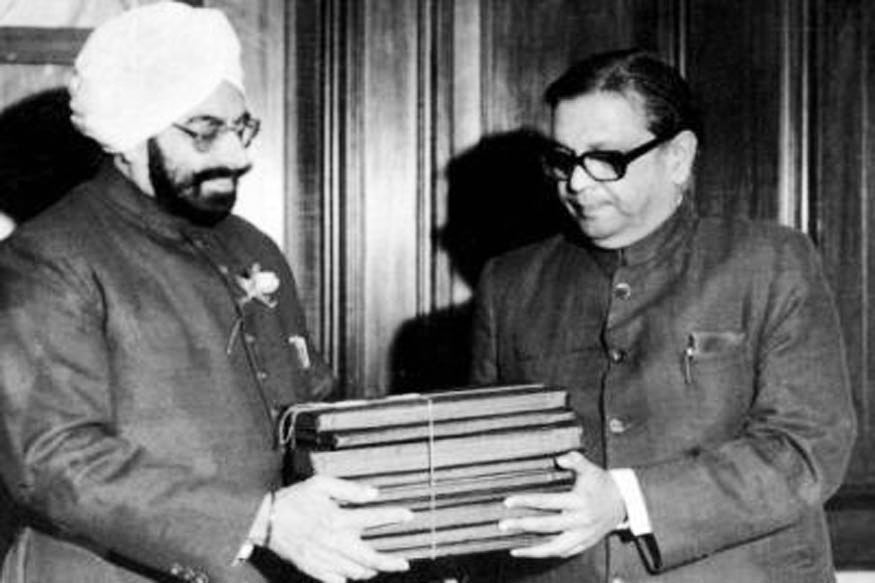
Today, a question worth deliberating on is, why only 27 per cent reservation to 52 per cent of the population! How healthy will a person who is starving become by drinking only water? Pandit Kalelkar’s report had recommended 70 per cent reservation for Backward Classes in education, including medicine, engineering and other fields. Dalits and Adivasis already had 22.5 per cent reservation granted by the Constitution. Shoshit Samaj Dal had estimated that in any case the Dalit-Backward candidates would achieve a minimum of 20 per cent seats even without opting for reservation. Thus, the rightful 90 per cent share was achievable for the Dalit-Backwards. That is why then Savarna-dominated government had not implemented the Kakelkar commission report. Based on B.P. Mandal’s report, total reservation quota would be 49.5 per cent with 22.5 per cent for Dalits and Adivasis and 27 for the Backwards – which cannot be termed as justice. There was more to come. Over a secret discussion, V.P. Singh and Narasimha Rao hatched a wicked plot to introduce the “creamy layer” concept. Unaware of this conspiracy, the so-called Dalit and Backward leaders have been extolling V.P. Singh, which is a matter of grave concern. Jagdev Prasad had clearly said that we, the exploited, make up 90 per cent of the population and want 90 per cent share in all departments of the State. This is what would amount to real social justice and anything less would be gross injustice.
It is matter of concern that there is considerable anger among the Backward Classes regarding reservation to Dalits in promotions. The intellectuals of the Backward Classes have ignored the fact that Savarnas have sowed the seeds of this animosity and are now taking advantage of it. This has become a hindrance in the fight for reservation proportional to population. Shaheed Jagdev Prasad wanted to unite all the Dalits, Backwards and minorities on one platform on the basis of politics of values and guarantee shares to all the classes proportional to their population. That was why he was murdered.
The unyielding truth of Jagdev Prasad
Nowadays, celebrating Jagdev Babu’s anniversary and observing his martyrdom day has become a trend. He is being garlanded but his thoughts are being smothered. People garlanding him are either unaware of his views or are betraying his ideals by invoking him inspired by casteist sentiments – which is utterly reprehensible. Although people from the Bharatiya Janata Party (BJP), Congress, Rashtriya Janata Dal (RJD), Lok Janshakti Party (LJP), Samajwadi Party (SP), Bahujan Samaj Party (BSP) and others invoke Jagdev Babu, they allow themselves to be controlled by the masters of their respective parties. By doing so, they are misrepresenting Jagdev Babu’s ideals.
Shoshit Samaj Dal is making great sacrifices to continue the battle that Jagdev Babu started. It alone is the right carrier of Jagdev Babu’s principles and policies. If someone agrees with Jagdev Babu’s ideals, they should strengthen the Shoshit Samaj Dal. This would be paying tribute to him in the real sense. We humbly request those who are the carriers of Jagdev Babu’s ideals to deliver his policies, principles, and programmes to each and every person. Make your coming generations so educated and trained that they take their share standing on the chests of the exploiters. No power of the world can stop this from happening. Jagdev Babu’s fight will only succeed when his followers sever ties to the 10 per cent Savarnas, feudal lords, capitalists and communalists. Only then can they actually have the right to garland Jagdev Babu. Otherwise, the next generation will certainly spit them out. People want to fight the battle for an RSS-free India while enjoying its blessings – which is a massive deception. The need is to remain wary of them.
The unyielding truth of Shaheed Jagdev Prasad is relevant even today:
‘Jab tak jiyab naahi chali, kehu ke zamindari
Hum na karab rajneeti mein, shoshak ke banihari.’
(Until I am alive, will not let feudalism continue,
I will not let the exploiter prosper in politics.)
(Translation: Nayyar; copy-editing: Anil)
Forward Press also publishes books on Bahujan issues. Forward Press Books sheds light on the widespread problems as well as the finer aspects of Bahujan (Dalit, OBC, Adivasi, Nomadic, Pasmanda) society, culture, literature and politics. Contact us for a list of FP Books’ titles and to order. Mobile: +917827427311, Email: info@forwardmagazine.in)
The titles from Forward Press Books are also available on Kindle and these e-books cost less than their print versions. Browse and buy:
The Case for Bahujan Literature
Dalit Panthers: An Authoritative History
